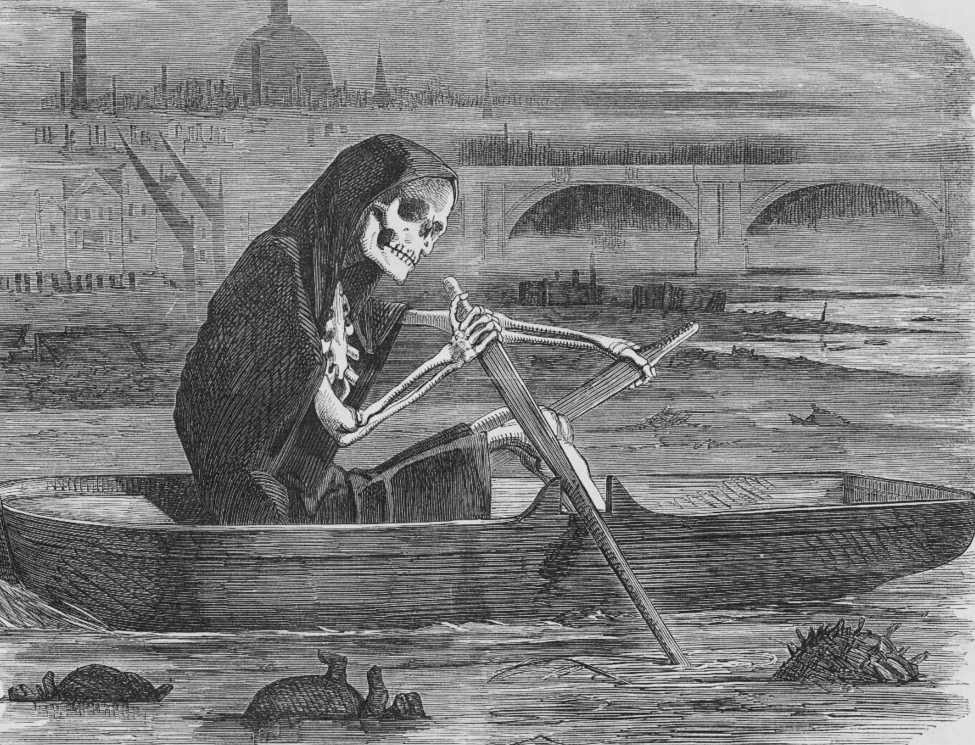
In part one of this Innovation story, we focussed on the positives of Sir Joseph Bazalgette’s London sewer network – an incredible feat of engineering for the time and the basis of what many cities sewer networks still use today. However, this innovation has dark side (or more specifically a brown and smelly side) that still pollutes our waters to this day. In part two of this story we focus on the alternative view – how Sir Joseph Bazalgette’s innovation in fact has directly led to the sewage problems that affect our seas, rivers and water courses to this day.
What we didn’t mention in part one was that there were in fact two competing visionaries would were working to solve the sewage problem – alongside Sir Joseph (or just Joseph as he was at the time) was a man named Edwin Chadwick – a social reformer.
While Joseph was focussed on a single sewerage system that took away both rainwater and sewage, Edwin Chadwick was advocating for a more complex system where rainwater and sewage were sent into to seperate tunnel networks. The rainwater would be safely transported into the river and out to sea, while the sewage would be stored up and used as fertiliser to feed the nation.
Ultimately, this proved too complex and expensive – and Bazalgette’s system won. But in hindsight – was this the correct decision? Bazalgette’s system was designed to overflow (sewage and all) during stormy conditions when rainwater overruns the system, whereas Chadwick’s split system ensured that even in stormy weather, the sewage was safely stored seperately without being dumped into the sea. This has become more and more prevalent in recent years due to population growth and lack of investment, leading to the situation today where our waters are regularly polluted, even outside of stormy conditions. The Safer Seas and Rivers Service have an excellent map which shows when these sewage outflows have occured.
And now it’s too late to change course.
If we wanted to develop a split system now it could cost up to £600bn and would involve digging up every road in the country. We’re stuck on a path dependancy that makes significantly more difficult to keep our waters clean.
So Sir Joseph Bazalgette, hero or villain? He may have solved the immediate problem in the short term – however his innovation caused issues that continue into the current day.
A special thanks to Ed Conway‘s excellent thread on which this post is based.
